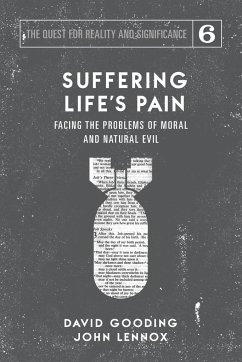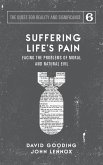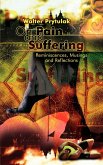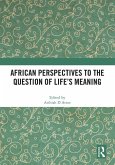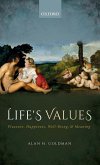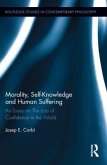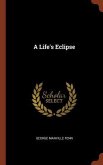We need a coherent picture of our world. Life's realities won't let us ignore its fundamental questions, but with so many opposing views, how will we choose answers that are reliable? In this series of books, David Gooding and John Lennox offer a fair analysis of religious and philosophical attempts to find the truth about the world and our place in it. By listening to the Bible alongside other leading voices, they show that it is not only answering life's biggest questions-it is asking better questions than we ever thought to ask. In Book 6 - Suffering Life's Pain, they acknowledge the problem with believing in a wise, loving and just God who does not stop natural disasters or human cruelty. Why does he permit congenital diseases, human trafficking and genocide? Is he unable to do anything? Or does he not care? Gooding and Lennox offer answers based on the Creator's purpose for the human race, and his entry into his own creation.

